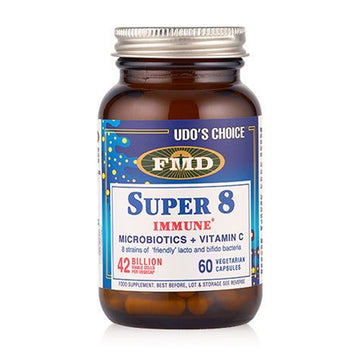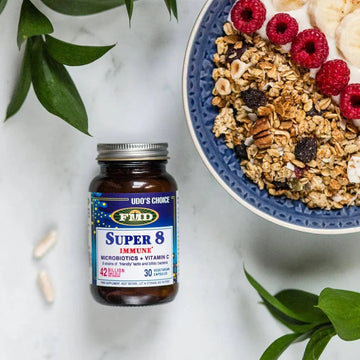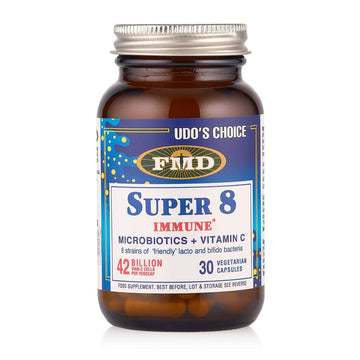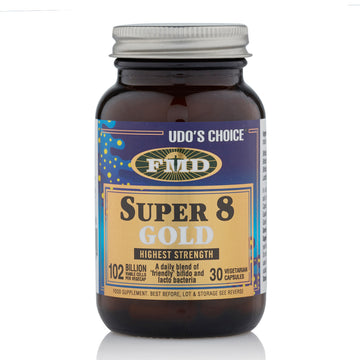When it comes to eating correctly, Nutritional Therapist Patricia Daly serves up some information that will give you much food for thought.
In our fast-paced society, it’s more than easy to forget the importance of nourishing our bodies correctly and efficiently to ensure longterm health.
As a result, we can fall into a pattern of skipping breakfast, grabbing a coffee and a scone on the way to work, having a quick sandwich for lunch and then, after the snack from the vending machine in the afternoon, collapsing into the armchair in front of the TV with a takeaway meal beside us! No wonder our digestion finds it hard to keep up with this pace. The consequences may be indigestion, acid reflux, gas, bloating, constipation and other digestive ailments.
So what can we do to feel well in today’s busy world? How can we make food work in favour of us, rather than causing us problems? Finding out what foods we might be sensitive or intolerant to is always worth investigating as a first step towards improving our digestive health. Then, there are several natural ways to easily promote gut health.
1. Take Microbiotic Supplements
Did you know that humans carry more bacterial cells than human cells? Although this sounds pretty scary, it’s actually a good thing. Bacteria do a lot to keep us healthy by acting as friendly housekeepers and by producing chemicals that help us harness nutrients from our food. Microbiotics – dietary supplements that contain beneficial bacteria – have been shown to boost our immunity. When the bacterial balance in the gut gets thrown off due to poor diet and lifestyle choices, overuse of certain medication, toxic build-up and other factors, our digestive system suffers. For this reason, it’s essential to encourage the re-growth of beneficial bacteria with a high-quality supplement containing large amounts of Lactobacilli and Bifidobacteria.
Udo’s Choice® Super 8 Hi Potency Microbiotic, for instance, boasts some of the largest bacterial counts available on the market (42 billion per capsule) and offers products with specific formulations for different age groups and situations. Many people really benefit from a one-month course of microbiotics for speedy relief of their symptoms.
But please read on – there’s more work to be done!
2. Introduce Fermented Foods and Beverages
Cultured foods are an important part in many traditional cultures around the world because it’s an easy way to preserve food. Similar to microbiotic supplements, they’re full of beneficial bacteria and enzymes that help prime our digestion for optimal nutrient absorption from the food we eat. Examples are raw sauerkraut, kefir, kombucha tea, authentic miso soup, sprouted beans, yoghurt and even raw milk from a safe source.
Microbiotics created during the fermentation process populate our gut when ingested and begin to interact with our body in a positive way.
3. Relax, Slow Down and Chew Properly
Eating when we’re stressed inhibits the production of hydrochloric acid and enzymes. People who are very busy are better off drinking something ‘pre-digested’, like a soup or green smoothie when they’re in a rush, and waiting to eat a proper meal until they can slow down.
It’s important to chew thoroughly because the digestive process begins in the mouth, not in the stomach. Breaking down our food into smaller particles and mixing it with saliva makes our stomach’s job easier. It will also create more surface area for nutrient absorption in the small intestines. To get the most from our food, we have to make good choices, but we also have to be able to break down and effectively absorb the nutrients from our food. A good trick to slow down our eating habits is to put down our knife and fork between each bite, whilst also making sure we only put more food into our mouth once it’s actually empty!
4. Don’t Wash your Food Down
For most people this is a true revelation! The problem with drinking lots of liquids during a meal is that it interferes with the whole digestive process by diluting our gastric juices. It’s best to avoid drinking 20-30 minutes before and after meals and focus on water intake in between. For people who find this really hard to follow, I recommend drinking one tablespoon of lemon juice – or apple cider vinegar for the brave – mixed with no more than 100ml of water during a meal. Another digestive aid is real bone broth; for instance, half a cup of old-fashioned chicken soup sipped with meals.
If you think you’re doing all the right things, you had a check-up with your medical doctor and still suffer from poor gut health, I recommend that you find a good health practitioner who is an expert in digestion. Based on your symptoms and health history, they will be able to recommend appropriate laboratory testing, which in a lot of cases of chronic digestive disorders, proves to be very necessary and helpful.
Patricia Daly is a fully qualified Nutritional Therapist (dipNT, mBANT, mNTOI) specialising in the areas of Integrative Cancer Care and Mental Health (Certified Practitioner at Walsh Institute).

















